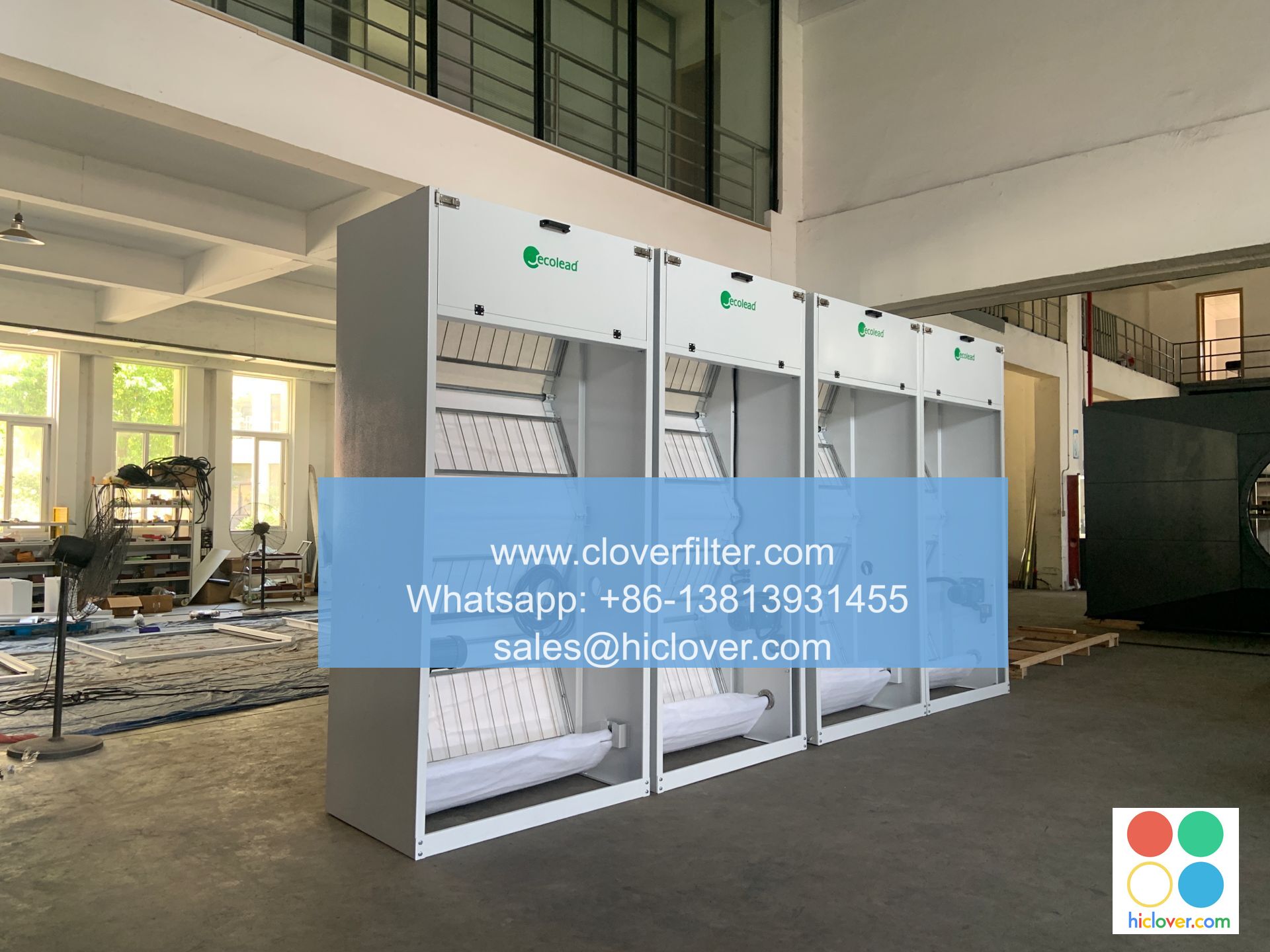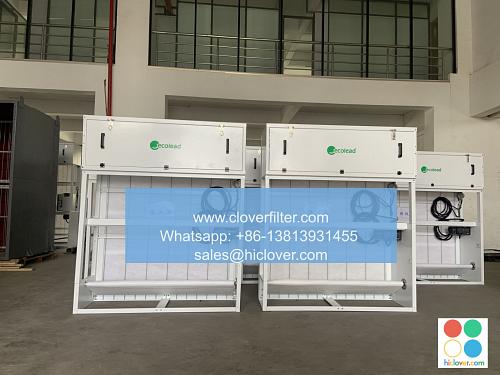How Air Filter Contact Quality Affects Air Purification

How Air Filter Contact Quality Affects Air Purification: A Comprehensive Guide
Air purification is a growing concern in today’s world, with the increasing awareness of indoor air quality (IAQ) and its impact on human health. One of the most crucial aspects of air purification is the contact quality of air filters, which plays a significant role in removing pollutants and allergens from the air. In this article, we will explore the importance of air filter contact quality and how it affects air purification, highlighting various application areas where it’s crucial.
What is Air Filter Contact Quality?
Air filter contact quality refers to the surface area and density of the filter material, which determines its effectiveness in capturing impurities and allergens. A higher-quality air filter with a greater contact surface area and higher density can catch more pollutants, including fine particles, allergens, and other contaminants.
Factors Affecting Air Filter Contact Quality
Several factors can impact air filter contact quality, including:
- Filter Material: The type and quality of the filter material, such as activated carbon, fiberglass, or HEPA (High-Efficiency Particulate Air), can significantly affect its contact quality.
- Filter Density: The density of the filter material, measured in grams per square meter (gsm), is directly related to its contact quality.
- Surface Area: The surface area of the filter, measured in square meters, determines the amount of contaminants it can capture.
- Remove more pollutants and allergens: With a higher surface area and density, these filters can capture more fine particles, including PM2.5, viruses, and bacteria.
- Reduce odors and gases: Activated carbon filters with high contact quality can effectively remove volatile organic compounds (VOCs) and unpleasant odors.
- Improve Indoor Air Quality (IAQ): By capturing more pollutants, these filters can significantly improve IAQ, leading to a healthier and more comfortable indoor environment.
- Residential Spaces: In homes, high-quality air filters can remove allergens, dust, and pollutants, creating a healthier environment for residents.
- Commercial Spaces: In offices, schools, and hospitals, high-quality air filters can reduce the spread of illnesses and allergens, improving IAQ and employee productivity.
- Industrial Settings: In heavy industries, such as manufacturing and construction, high-quality air filters can capture particles and gases, protecting workers’ health and safety.
- Automotive Systems: In vehicles, high-quality air filters can remove pollutants and allergens, improving cabin air quality and reducing driver and passenger discomfort.
How Air Filter Contact Quality Affects Air Purification
A high-quality air filter with superior contact quality can:
Application Areas Where Air Filter Contact Quality Matters
In conclusion, air filter contact quality is a critical factor in air purification, determining the effectiveness of filters in removing pollutants and allergens. Understanding the factors that impact air filter contact quality can help you choose the right filter for your specific needs and application area, ensuring a healthier and safer indoor environment. By investing in high-quality air filters with superior contact quality, you can significantly improve IAQ, reduce the spread of illnesses, and create a cleaner, healthier space for everyone.
Keywords: Air Purification, Air Filter Contact Quality, Indoor Air Quality (IAQ), Air Filter Material, Air Filter Density, Surface Area, Activated Carbon, HEPA, Particulate Matter (PM2.5), Volatile Organic Compounds (VOCs), Allergens.
It looks like you’ve accidentally typed “Prompt”! Don’t worry, it’s an open door to start a conversation.
What’s on your mind? Would you like to:
* Ask a question
* Share a thought or idea
* Explore a topic
* Discuss a current event
* Learn something new
* Create a story together?
Let me know, and I’ll be happy to help!

